In the News
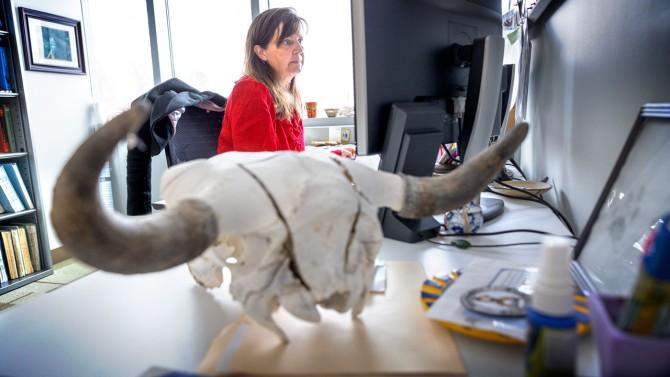
February 17, 2022
The New York State Wildlife Health Program is a key partnership between Cornell and the New York State Department of Environmental Conservation. The program coordinates responses when disease strikes New York’s wild animals and it helps prevent outbreaks, in domestic animals and people too, by translating data into policy.
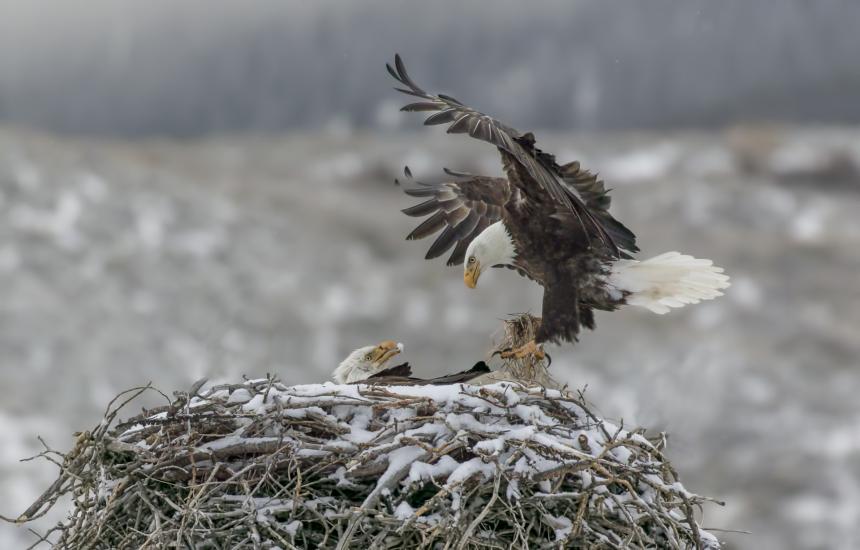
Blog
February 04, 2022
Long before I was aware of the problem, professionals of veterinary medicine and pathology treated, rehabilitated, or necropsied ill, dying, or dead bald eagles. The wild birds had been presented for care after they ingested lead fragments from spent ammunition....

January 26, 2022
The bald eagle population has slowly recovered from the impact of a pesticide that nearly drove them to extinction decades ago. But now researchers at Cornell University have found that lead ammunition continues to hamper the resilience of these American icons.

January 23, 2022
As the number of American bald eagles has continued to soar in recent years, Cornell researchers are now warning the species’ reemergence is being threatened by lead poisoning from gun ammunition.
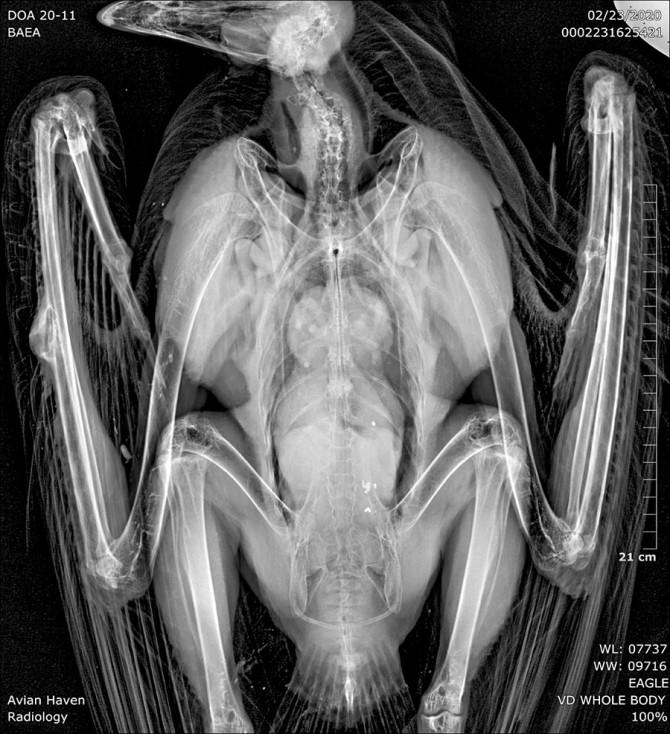
January 19, 2022
Bald eagle populations have slowly recovered from near devastation after the government banned DDT in 1972, but another ongoing issue has weakened that rebound – lead poisoning from gunshot ammunition.
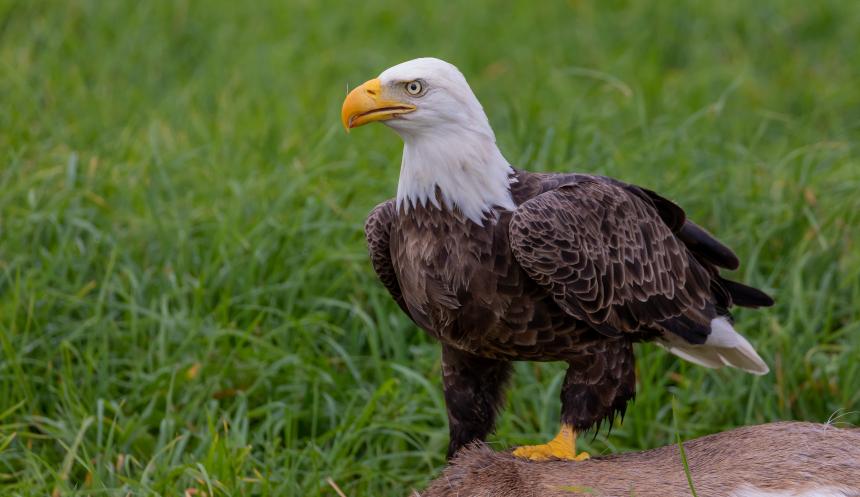
For Your Information
January 18, 2022
Bald eagles are considered a recovery success in the U.S. after rebounding from near extirpation due to widespread use of DDT. Although abundances of bald eagles have increased since DDT was banned, other contaminants have remained in the environment with unknown influence on eagle population trends.
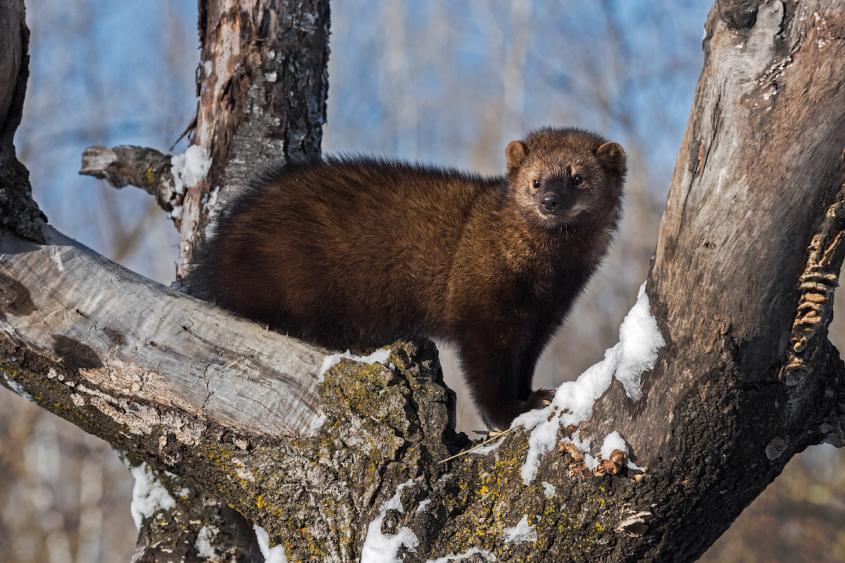
January 03, 2022
The New York State Department of Environmental Conservation recently renewed the New York State Wildlife Health Program for $6.4 million over five years. This partnership has enabled Cornell to work with the state’s wildlife biologists on threats that affect all of New York's wildlife.

October 04, 2021
Using the most technologically advanced test to make a diagnosis might seem like a logical move, but a new commentary paper co-authored by Cornell Aquatics Scientist Dr. Rod Getchell warns veterinary clinicians and researchers that a diagnosis cannot rely on tests alone.

September 07, 2021
By testing easier-to-study coyotes, Cornell researchers, in collaboration with the Cheyenne River Sioux tribe, have identified a range of lethal diseases threatening black-footed ferrets – one of the most endangered animals in North America.

September 03, 2021
There is astonishing diversity in how mammal mothers undergo pregnancy and birth. Dr. Alexander Travis, a Cornell reproductive biologist, describes how 'the birds and the bees' work for these unique animals.
